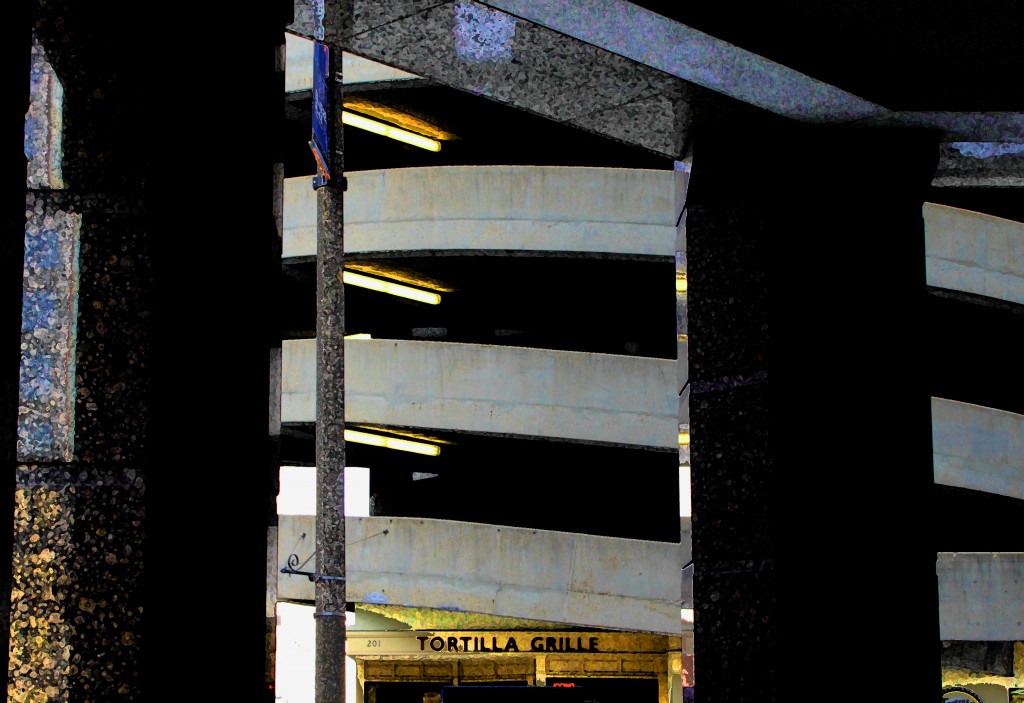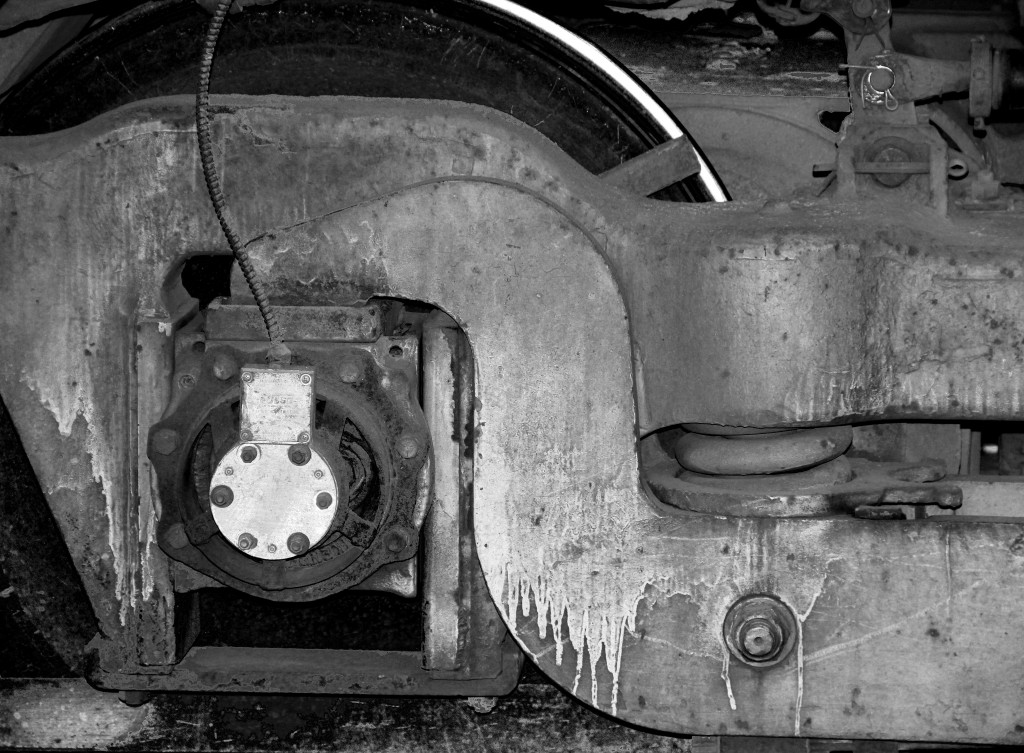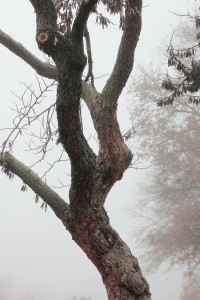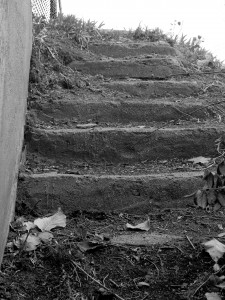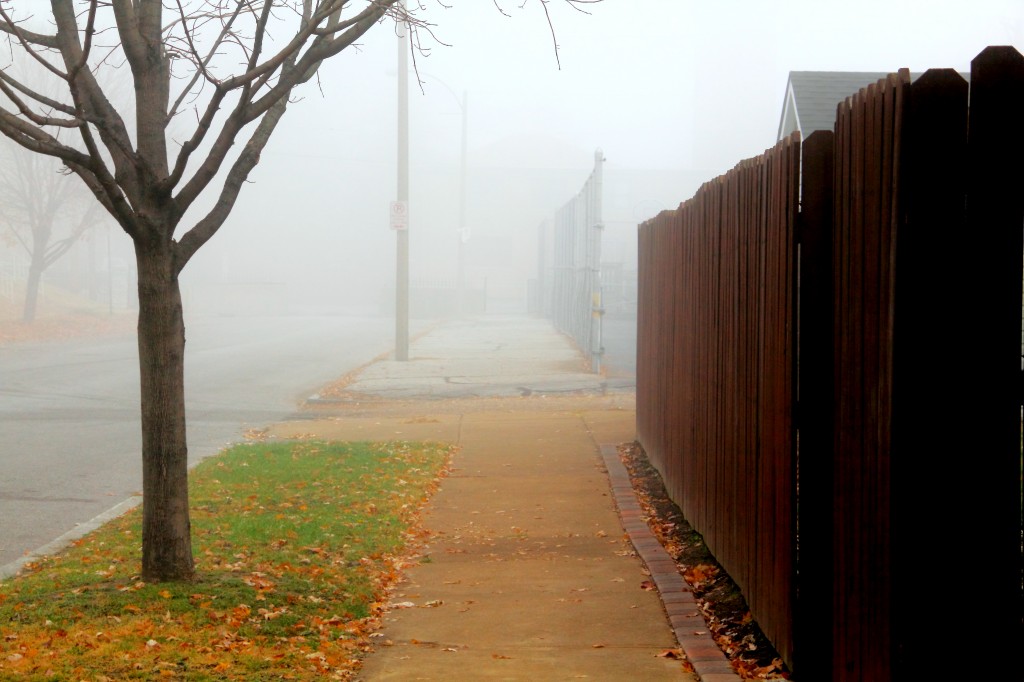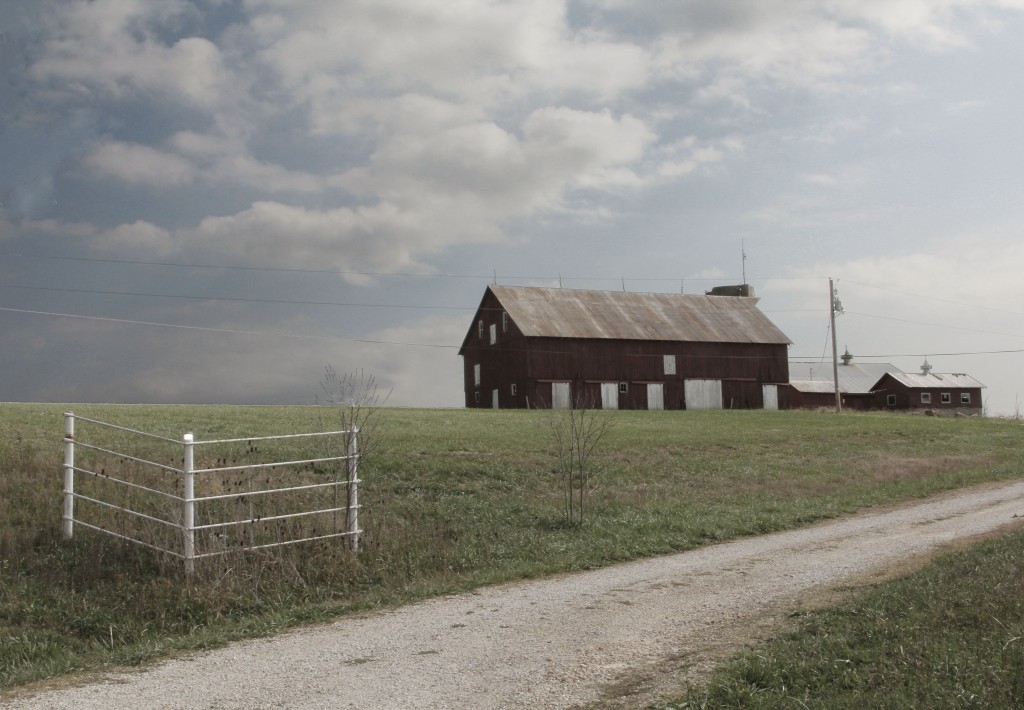I read around 80 books, cover to cover, this year. Currently I’m in the middle of Gore Vidal’s Lincoln and odds are I won’t quite manage to finish it by the 31st (annoying life-type stuff keeps getting in the way and I do not want to zip through it; too many delicious bits to risk zipping past) but I will say a couple things about it at the end of this.
Of the historical nonfiction I read this year, a chunk of it went into the second volume of the trilogy I’ve been working on for a while (which, before you ask, still has not found a publisher, but I’m going to start the third volume next year anyway). In that vein, I read The Red Prince by Timothy Snyder, a biography of Wilhelm von Habsburg, one of the last archdukes of the Austro-Hungarian Empire. Pleasurably readable, this chronicles the familial ins and outs of a complicated imperial family during the period in which empires collapsed all over the world and the scions of such dynasties found other things to do with both their time and their pedigree. While it may seem odd today, Wilhelm was one of those who “adopted” a nation to champion—Ukraine—which more or less had to be created from whole cloth out of certain ethnic minorites other states claimed. I read this mostly for the background, which informs the second volume of my own book, but I was so taken by Wilhelm that I inserted him in one scene.
Along those lines—since this is the character I put Wilhelm in the scene with, and because I’ve used him as the bad guy throughout the trilogy, albeit in a somewhat distorted form (we are talking alternate history after all)—I read The Panther’s Feast by Robert Asprey. I’d read this back in high school—in fact still have the Bantam paperback copy of it—but remembered only that Alfred Redl, who ended up the most powerful intelligence officer in the Austrian Empire, was a traitor, selling secrets to maintain his exorbitant lifestyle as well as his secret life as a homosexual, and set the stage subsequently for the rout of Austria in the First World War. I chose him for the antagonist and did some fiddling with history to make him a count. Asprey’s book read like a novel, but he backs up his portrayal with an impressive amount of research. Again, the full flavor of the Austrian Empire is on display.
Much as it is in Frederic Morton’s A Nervous Splendor, which is largely about Vienna in 1888 and ’89 and the last days of Crown Prince Rudolph. The cast of characters running through this short but meticulous work brings the period to life—Klimt, Mahler, Freud, Herzl, and Schnitzler. (I have Morton’s Thunder At Twilight on my TBR pile, which is about Vienna on the eve of WWI.)
In preparation for volume three, which will be set during the Napoleonic Era, I read a decent biography of Fouché, who was minister of police under Napoleon—but also involved in the Directory and worked also for Louis XVIII and the restoration. His legacy plays a part in the series as the namesake of the state police in my story—the Fouchendarme. A most fascinating player in that whole period, the man who literally had the goods on everybody and thus not only escaped the guillotine but maintained considerable power. According to Hubert Cole, whose biography of him I chose, he was a more or less consistent republican throughout that period, but he was also a pragmatist. He should be remembered for the tremendous number of people he did not arrest as for those he did.
I needed background on Paris as well. I found one book that purported to be a street by street history which was so difficult to keep straight, I gave up. (I may try again.) But I found Graham Robb’s Parisians: An Adventure History of Paris, which is not only very readable, but contains stories that delight (for instance, the tale of how Marie Antoinette delayed the royal escape by turning the wrong way coming out of the Tuileries and ending up doing a long nocturnal circuit of the city, eating up hours while the king and court waited).
Tangential to these—using the writing of a novel as an excuse, really, to range over some histories I wanted to read anyway—I read America’s Constitution by Akhil Reed Amar. Amar has done a book on the bill of rights as well and more recently published a more speculative work on our “unwritten” constitution. In this one, he breaks the constitution down by section and analyzes it both historically and legally and sometimes philosophically. His command of minutiae and understanding of shifting context make this a pretty good work on which to base a deeper understanding of our Founding documents.
I’m becoming more and more interested in early American history. The last several years have seen major distortions in public by prominent politicians who seem to feel that the general ignorance of the American populace of their own history is sufficient for them to think they can get away with blatant misrepresentations. But it is a complex history and even people reasonably conversant with the broader outlines of our history can be forgiven for not knowing—well, a lot. So I have a growing pile of books, one of which this past year was Nancy Isenberg’s Fallen Founder, which is a thorough re-examination of the life and impact of Aaron Burr. She details in the introduction the unfortunately shoddy history of biographies about this man, of whom most people only know that he shot Alexander Hamilton in a duel and was later tried for treason. (That he was tried seems enough to convince most people that he was guilty, even though he was thoroughly acquitted and the real traitors in the affair were never indicted.) Hard upon that, I read Gore Vidal’s novel, Burr, which obviously predates Isenberg’s biography but also seems to anticipate it. Vidal evidently didn’t think much of Jefferson and his portrayal of some of the key figures in the Revolution may make some people’s back teeth ache, but it is an excellent novel and succeeds in bringing the period to life. (As noted above, I’m now reading his Lincoln, which thus far feels equally well grounded and evocative of time and place. Novels and biographies such as these play a very important role in public life, insofar as I think it essential that we do all we can to lance the boil of deification which enshrouds our famous forebears in cauls of inhuman adulatory buffer. One need not shortchange someone’s reputation for significant achievement by also pointing out that he or she was in many ways just like anyone else, and could be just as much an asshole or an incompetent.)
Among the other nonfiction books I read this year, I can recommend four in particular. In no kind of order, they are: Thinking, Fast & Slow by Daniel Kahnman, Blue Highways by William Least-Heat Moon, Nom De Plume by Carmela Ciuraru, and Sleepwalking Through History by Haines Johnson.
The Kahneman is a detailed study of how people make decisions, how, in fact, the brain and mind process information and come to conclusions. While this may sound like a dry tome, it is anything but, as he uses illustrations from his own life as a researcher and tells the story in a lively style.
I have come to the conclusion that one should read at least one Heat Moon book just for the sheer elegance of his sentences. More, his has a gift for evoking place and mood. Blue Highways is his first book, a chronicle of a circumnavigation of America by way of the “blue roads on the maps”, the lesser used state roads. In this instance, it is also an evocation of time—the late 70s—before America began to change with the Reagan “revolution.”
Which segues nicely into the Haines Johnson book. Johnson chronicles the actual workings of the Reagan Administration and the cultural context and tears away the curtain to reveal the man at the levers. Reagan’s reputation as a “great” president is one of the best pieces of spin control we have ever seen and this books shows why. It is easy to point to Reagan’s presidency as the time when everything started to go sideways for so much of what America wished to be and become, but it can be tricky making the argument among certain people who venerate the man—a veneration born of image rather than substance—and having a source of details is very useful.
The Ciararu is a delightful history of famous pseudonyms. Mark Twain, George Sand, George Eliot, Simenon (a lot of Georges!) and others. Concise biographies open the door on the how and why of these authors and their pen names. Fun.
I also read Ellen Chesler’s admirable biography of Margaret Sanger, Woman of Valor, which also chronicles the history of the birth control movement in America and the contiguous struggle for equality of women. Historical amnesia can have serious consequences, especially in a time when gains made decades ago are now in danger of being lost because so many people simply don’t know what it was like and what it took to achieve what now can be taken for granted. This a good place to start to find the social and political grounding of some of our current absurd culture wars.
These were the significant nonfiction books I read this past year. I’ll do the fiction in a separate post.
I wholehearted recommend everything I discussed here—in case there was any doubt.

